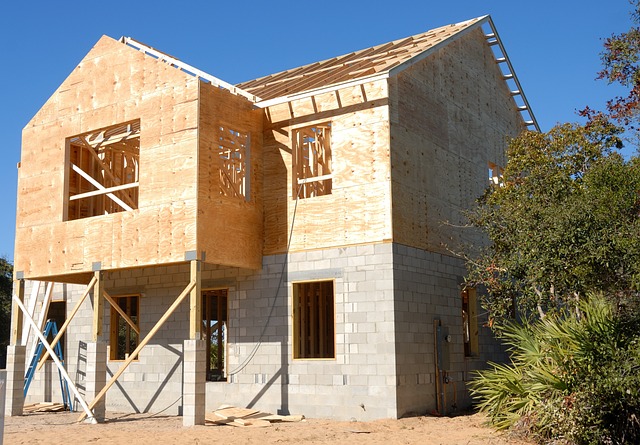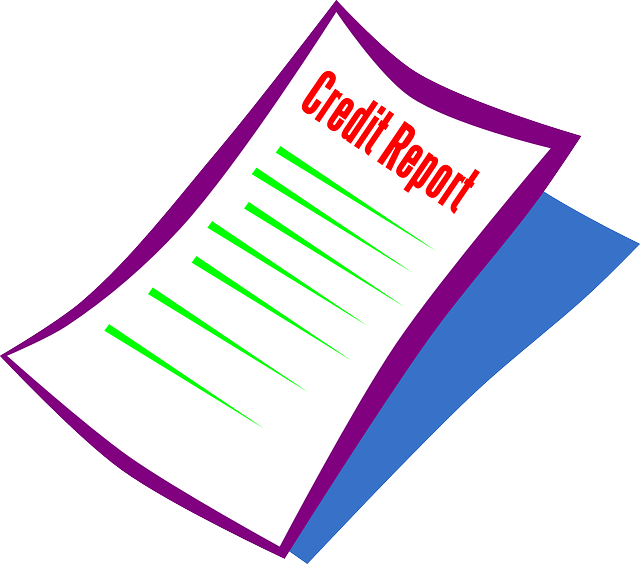Closing costs, ranging from 2% to 5% of a property's price, are crucial but often neglected aspects of real estate transactions. These fees, including appraisal, inspection, and title search charges, can significantly impact buyers' budgets and sellers' savings. In a competitive market, minimizing closing costs through strategic negotiations, thorough review, and effective financial planning is vital for both homebuyers and sellers to maximize savings in real estate.
In the competitive world of real estate, understanding closing costs is key to maximizing your savings. Closing costs, often overlooked, can significantly impact your financial outlay beyond the purchase price. This article delves into the intricacies of closing costs in real estate, explaining their broader implications on your savings. We’ll explore effective strategies to minimize these costs, empowering you to make informed decisions and secure better deals in the real estate market.
Understanding Closing Costs in Real Estate

Closing costs are an essential aspect of real estate transactions that often go overlooked by buyers and sellers. These fees, as the name suggests, come into play at the closing table when the sale of a property is finalized. They represent various expenses associated with buying or selling a home, ranging from legal and administrative charges to insurance, inspections, and even appraisal costs. Understanding these costs is crucial for anyone navigating the real estate market.
In the dynamic world of real estate, closing costs can vary widely depending on factors like location, property type, and the complexity of the transaction. For buyers, it’s important to factor in these additional expenses when determining their budget, as they will be responsible for covering a portion of these costs at closing. Sellers, on the other hand, may need to consider how negotiable these fees can be, especially in competitive markets. Being well-informed about closing costs allows both parties to make more informed decisions and potentially save significant amounts of money in the long run.
How Closing Costs Impact Your Savings

Closing costs, often overlooked, significantly influence your savings in real estate transactions. These fees, which can include various charges like appraisal, inspection, and title search expenses, are a crucial consideration beyond the purchase price. They represent additional financial outlays that can eat into your hard-earned savings, making it essential to understand their impact.
In many cases, closing costs may range from 2% to 5% of the property’s total cost, depending on factors such as location and the complexity of the deal. When negotiating a purchase or refinance, being aware of these potential expenses allows you to factor them into your budget planning. By doing so, you can avoid unwelcome financial surprises and ensure that your savings goals remain intact throughout the real estate process.
Strategies to Minimize Closing Costs for Maximum Savings

In the competitive real estate market, minimizing closing costs is a strategic move to maximize savings for homebuyers and sellers alike. One effective approach is to negotiate with your agent and lender beforehand; they can offer valuable insights into potential fees and help identify areas for reduction. Additionally, keeping a close eye on the settlement statement during the closing process is essential. Review each line item carefully to ensure transparency and challenge any charges that seem unnecessary or excessive.
Another strategy involves leveraging your financial resources effectively. Building a substantial down payment can often result in lower borrowing costs, reducing the overall expenses associated with the real estate transaction. Moreover, exploring alternative financing options or negotiating interest rates with lenders could significantly impact closing costs. Staying informed about market trends and staying flexible during negotiations are key to navigating potential cost-saving opportunities.






